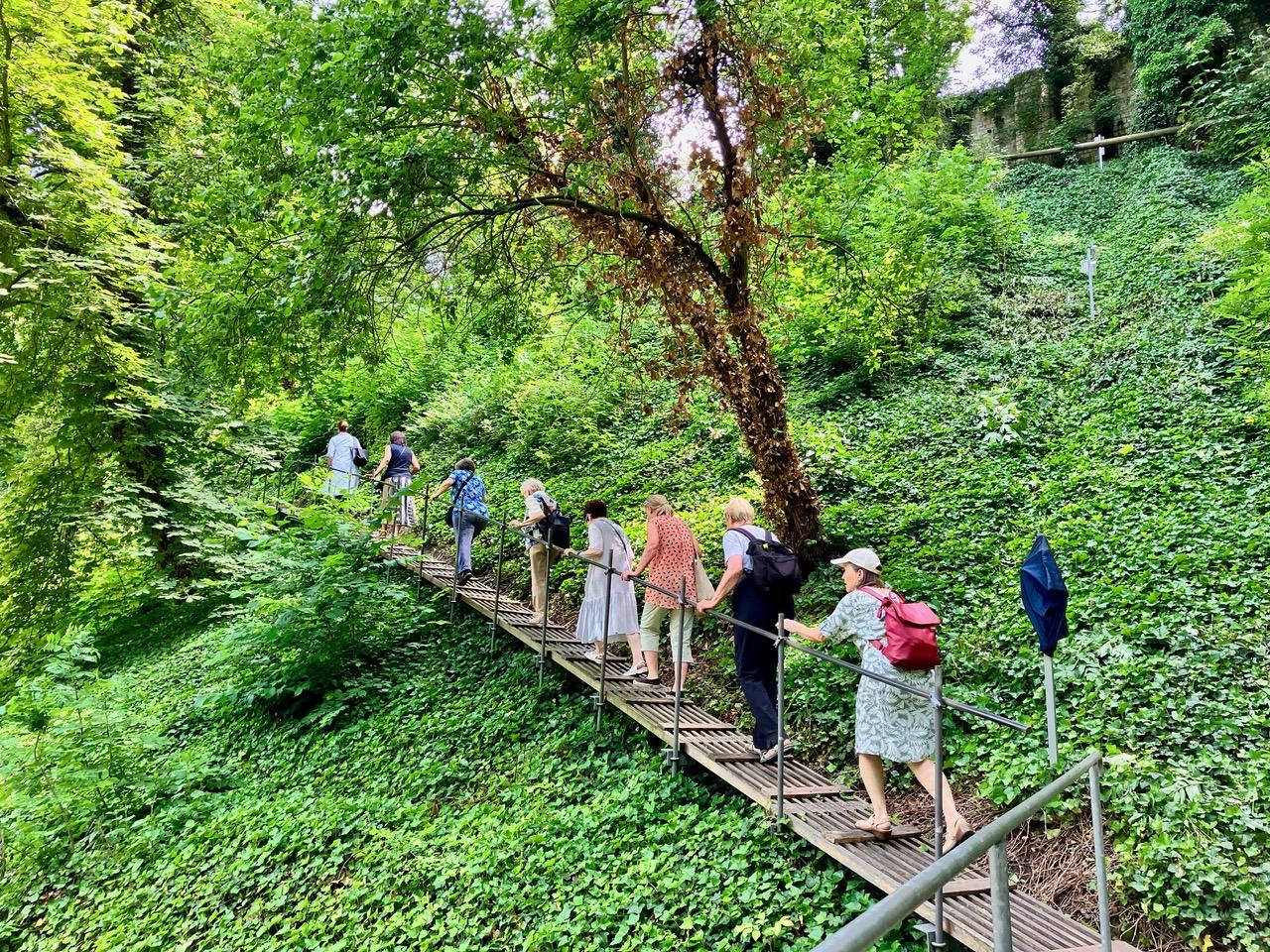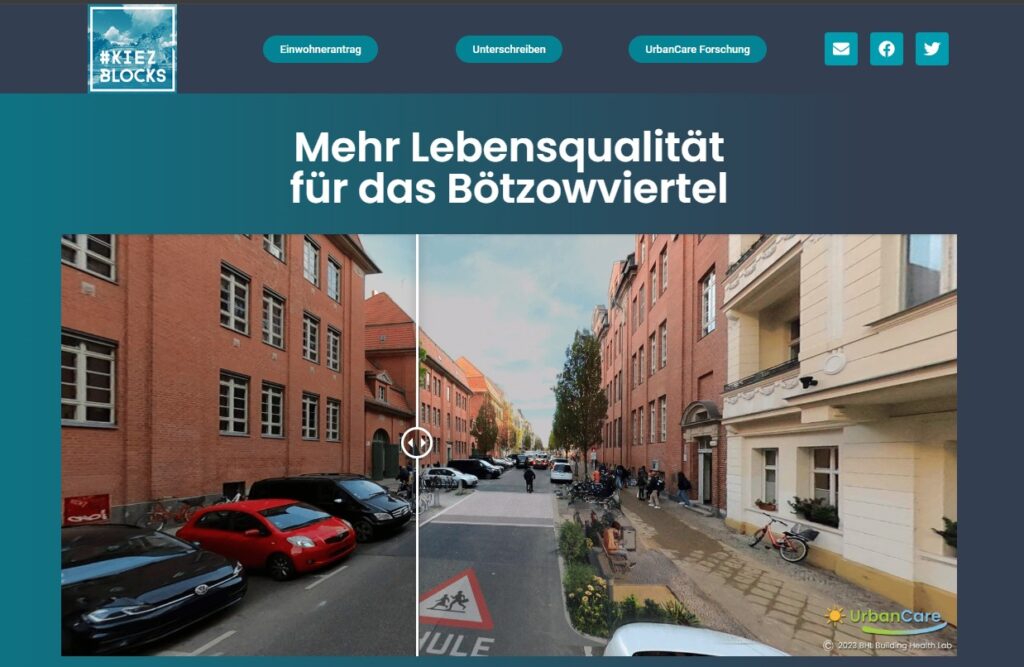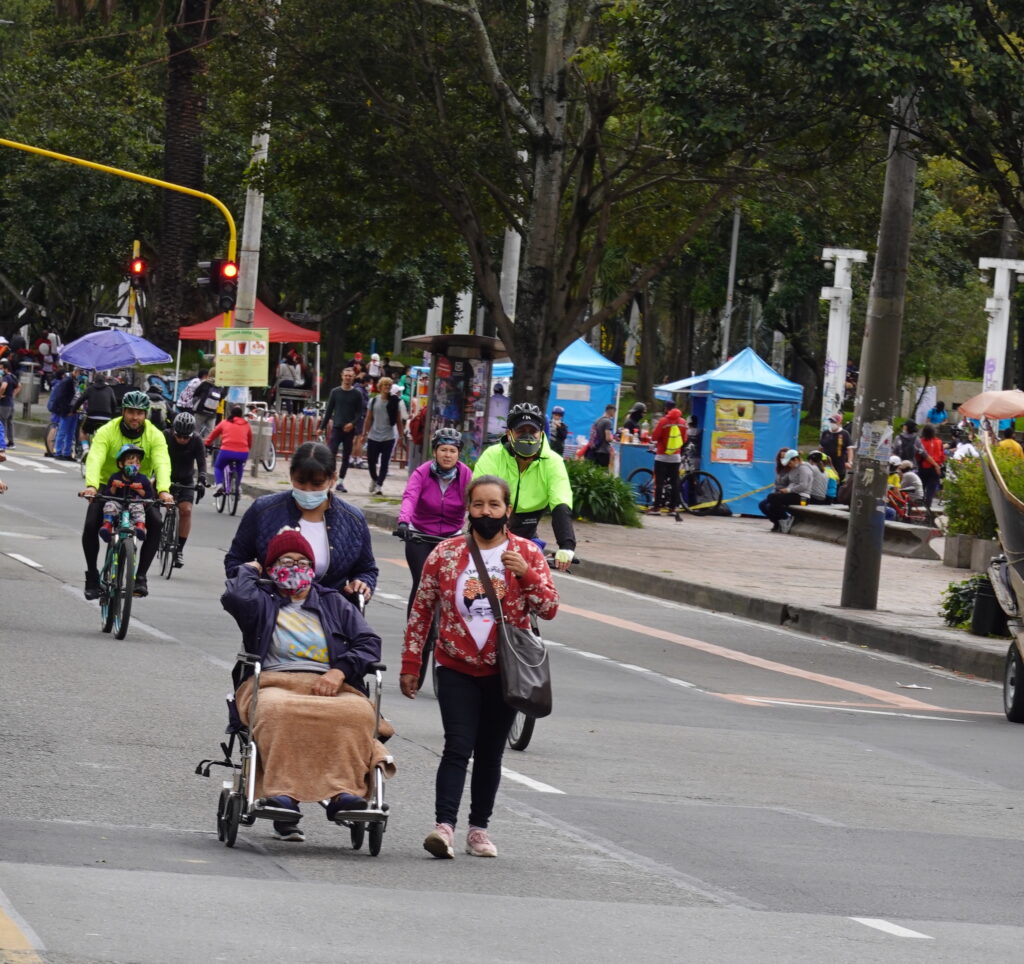City Know-hows

Reducing loneliness through nature-based social prescribing: Testing innovations in six cities worldwide and generating evidence to support community-based solutions.
Share
Target audience
Policy makers, health administrators, community health workers, urban planners.
The problem
Loneliness is a major social concern with large health consequences worldwide for populations across different demographic, cultural, social, economic, geographic, and environmental contexts. Loneliness may lead to and/or exacerbate chronic diseases such as cardiovascular disease, diabetes, cerebrovascular disease, and as well as anxiety, depression, cognitive decline, and mental well-being. Communities are seeking effective and efficient solutions to address the array of health concerns that may be rooted in loneliness. Thinking outside of the “medical care” box, solutions that facilitate access to nearby nature in socially supported ways offer a potential strategy for sustaining mental and physical well-being. Although nature-based activities are increasing in popularity, there is little evidence about the most effective ways to deliver these interventions.
What we did and why
Our paper presents the ‘RECETAS’ logic model for carrying out an evidence-based project to address loneliness and related health impacts through community and nature-based interventions. Key components include:
Conducting nature-based social prescription intervention studies for people experiencing loneliness in six cities, informed by local stakeholders and co-creation processes
Creating a measurement tool for nature dose to better understand the relationship between exposure to nature and health impacts
Training facilitators with observation dialogue and feedback processes based on the Friends in Nature methodology
Evaluating nature-based social prescription as a viable health strategy
Assessing cost-effectiveness of nature-based social prescription
RECETAS, if successful, will show how evidence-based interventions to address urban health challenges can be designed, tested and replicated.
Our study’s contribution
We describe a framework for how cities can address loneliness by building bridges between health systems and nearby nature-based solutions through nature-based social prescriptions. RECETAS will make important contributions to the evidence around the potential for nature-based social interventions to promote health and wellbeing in cities. The framework links project outputs with practice and policy, enabling citizens, providers and decision makers to optimally implement and scale-up these types of interventions.
Impacts for city policy and practice
RECETAS responds to the current global challenges faced by cities to address climate change, biodiversity loss, ageing populations and mental health. The solutions described aim to guide green infrastructure investments to reduce pressure on health care systems by using nature-based community referral strategies that address loneliness. Policy makers and practitioners will understand how these types of evidence-based interventions are conceived, tested and made ready for uptake and can be replicated.
Further information
Full research article:
Nature-based social interventions for people experiencing loneliness: The rationale and Overview of the RECETAS project by Jill S Litt., Laura Coll-Planas, Ashby Lavelle Sachs, Ursula Rochau, Anu Jansson, Vladimira Dostálová, Carolyn Daher, Amanda Beacom, Kaley Bachinski, Gabriela Elizabeth Garcia Velez, Sarah Bekessy, Sergi Blancafort Alias, Nicholas Hill, Mireia Gascón, Alzbeta Bartova, Lucie Cattaneo, Alice Cucchiaro, Cristina Casajuana Kögel, Nerkez Opacin, Joan Colom, Stéphanie Gentile, Iva Holmerová, Katherine Johnson, Richard Kimberlee, Uwe Siebert, Danielle Varda & Kaisu H. Pitkälä.
Related posts

This thermal study is part of an urban ecosystem evaluation to inform a pedestrian plan in Berlin. Germany.

We conducted a citizen science project to engage with current residents in higher density residences in Northern Sydney to explore the positive and negative aspects of their lived experiences on their health and wellbeing. Together, we identified the elements that residents of these communities value as well as those with potential negative impacts that could be mitigated through good planning and design.

The Our Voice approach allowed Ciclovía users in Bogotá, Colombia, to identify opportunities to improve the enjoyment of their rights to health and recreation, to